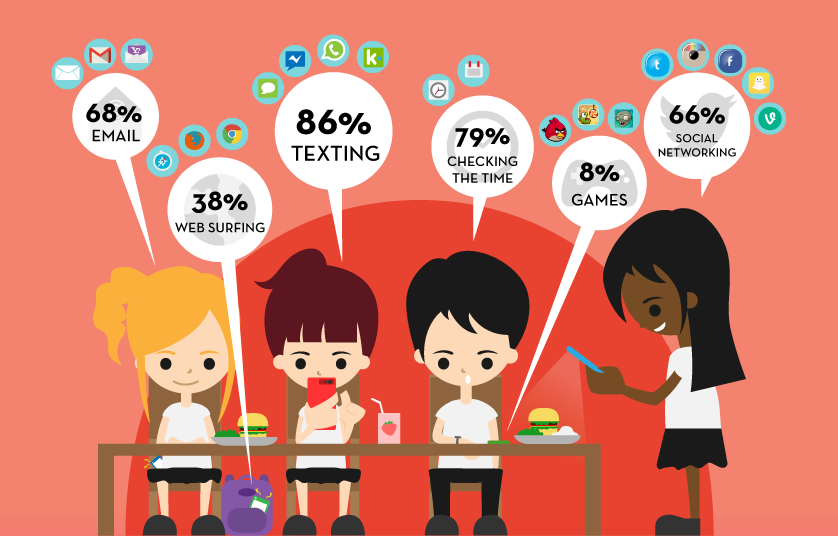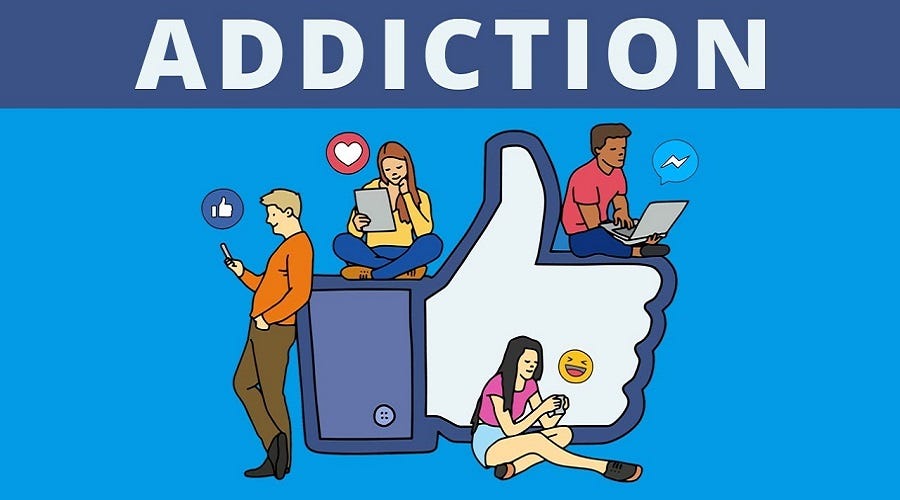In recent news, a group of 41 U.S. states and the District of Columbia has filed a lawsuit against Meta, the parent company of social media giants Facebook, Instagram, WhatsApp, and Messenger. The lawsuit contends that Meta knowingly utilized features on its platforms to entice children to use them compulsively. This legal action raises a pressing question: are young people becoming addicted to social media and the internet?

The magnetic allure of social media
Experts who study internet usage suggest that the magnetic allure of social media stems from the way content is designed to captivate our neurological impulses. This design makes it challenging for consumers to turn away from the constant stream of information. David Greenfield, a psychologist and founder of an organization for internet and technology addiction, highlights the powerful tactics used by these devices. One such tactic is “intermittent reinforcement,” which creates the expectation of a reward at any moment. However, when the reward arrives, it is unpredictable, much like a slot machine. Users are enticed with lights, sounds, and, more significantly, information and rewards tailored to their interests.
While adults can also succumb to these tactics, young people are particularly vulnerable. The brain regions responsible for resisting temptation and regulating rewards are not as developed in children and teenagers as they are in adults. As Dr. Greenfield explains, “They’re all about impulse and not a lot about the control of that impulse.” Furthermore, the adolescent brain is highly attuned to social connections, making social media an ideal platform for them to engage with others.

Meta’s response and ongoing legal challenges
In response to the lawsuit, Meta stated that it has taken numerous steps to support families and teenagers. The company expressed disappointment in the decision of the attorneys general to pursue this legal route rather than working collaboratively with the industry to establish clear, age-appropriate standards for the many apps used by teenagers. It’s worth noting that Meta has faced legal challenges before, such as a substantial fine imposed by Ireland’s data regulator for violating European privacy rules.
Traditionally, the scientific community defined addiction primarily in the context of substances like drugs, rather than behaviors like gambling or internet use. However, this perspective has evolved over the years. In 2013, the Diagnostic and Statistical Manual of Mental Disorders introduced the concept of internet gaming addiction, but acknowledged the need for further study before formally recognizing the condition. Subsequent research explored the broader concept of “internet addiction,” highlighting the importance of refining diagnostic criteria and terminology.

Dr. Michael Rich, the director of the Digital Wellness Lab at Boston Children’s Hospital, discourages the use of the term “addiction” in the context of internet use. He prefers the term “problematic internet media use,” a term gaining traction in recent years. Dr. Greenfield agrees that the internet has valuable uses, but there are clear cases where excessive use disrupts essential aspects of a healthy life, including school and sleep.
In conclusion, while the internet and social media can be invaluable tools, their addictive qualities have raised concerns, particularly among young users. The debate over whether to label this issue as “addiction” or “problematic internet media use” continues, but what is undeniable is the impact on the lives of young individuals. As Dr. Greenfield aptly puts it, “The internet is a giant hypodermic, and the content, including social media like Meta, are the psychoactive drugs.” As this debate unfolds, it’s crucial to strike a balance between harnessing the benefits of the internet and protecting the well-being of our younger generation.








